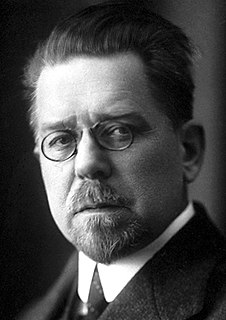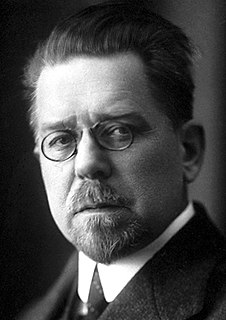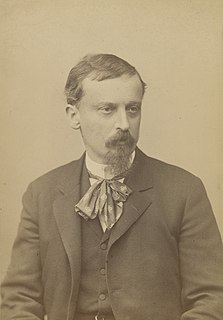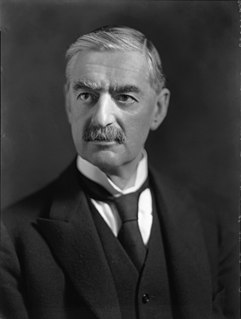A Quote by Wladyslaw Stanislaw Reymont
By the age of nine I had a thorough knowledge of contemporary Polish literature as well as of foreign literature in Polish translation, and I began to write poems in honour of a lady of thirty years. Naturally, she knew nothing about them.
Related Quotes
Most British playwrights of my generation, as well as younger folks, apparently feel somewhat obliged to Russian literature - and not only those writing for theatres. Russian literature is part of the basic background knowledge for any writer. So there is nothing exceptional in the interest I had towards Russian literature and theatre. Frankly, I couldn't image what a culture would be like without sympathy towards Russian literature and Russia, whether we'd be talking about drama or Djagilev.
There is nothing “still” in the remarkably visceral poems of Alexander Long's third collection, Still Life, and nothing is at rest in these restless and edgy poems. Conversational and kinetic, these poems chart the traces left by the shifting overlays of the templates of literature, rock-and-roll, and contemporary culture. As each poem in Still Life attempts to fix a focus upon a scene or subject, the protean natures under view draw the poet into the eddies and complexities of reflection. This is a powerful and moving collection of poems.
I have nothing but great respect for great scholars. But I was in grad school in the '80s and '90s, at the height of the theory craziness. It had a big part in why I ended up becoming a writer rather than a scholar, because I thought, "I just can't play these games." I was interested in literature because I loved literature, and so much of the theoretical positioning, at that moment 25 years ago, was antagonistic to literature. You know, trying to show that Jane Austen is a terrible person because she wasn't thinking about colonialism.
My books have done extremely well, I know. But I don't honestly feel much different from when I began to write. I still think we have a long way to go. I suppose my name means more in Nigeria today than it did five years ago. But I feel the job that literature should do in our community has not even started. It's not yet part of the life of the nation. We are still at the beginning. It's a big beginning, because now we are catching the next generation in the schools. When I was their age, I had nothing to read that had any relevance to my own environment.
Literature cannot develop between the categories "permitted"—"not permitted"—"this you can and that you can't." Literature that is not the air of its contemporary society, that dares not warn in time against threatening moral and social dangers, such literature does not deserve the name of literature; it is only a facade. Such literature loses the confidence of its own people, and its published works are used as waste paper instead of being read. -Letter to the Fourth National Congress of Soviet Writers
In the event of any action which clearly threatened Polish independence and which the Polish Government accordingly considered it vital to resist with their national forces, His Majesty's Government would feel themselves bound at once to lend the Polish Government all support in their power. They have given the Polish Government an assurance to this effect. I may add that the French Government have authorized me to make it plain that they stand in the same position in this matter.






































